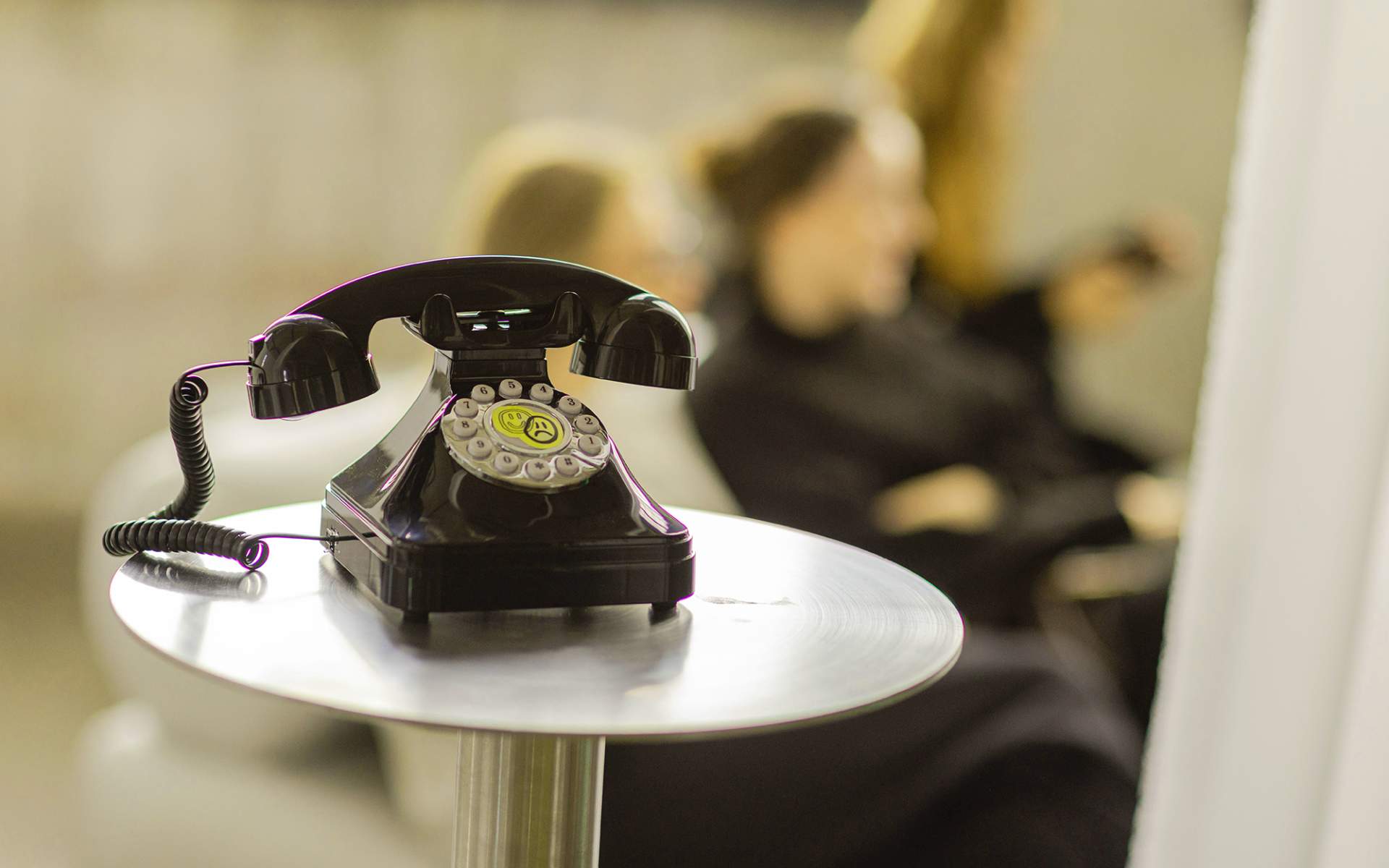How to support young people wisely – a webinar by the LPP Foundation and the ITAKA Foundation

Gdańsk Mental Health Month is underway. As part of the event, the ITAKA Foundation and the LPP Foundation organised a webinar entitled ‘Where does the parent end and the child begin? How to support young people wisely, rather than directing them.’
The webinar took place on Thursday, 18 September 2025. The event was open to the public and was designed for parents, educators, teachers and other people working with children.
Boundaries in relationships, child individuality
During the webinar, two aspects of the parent-child relationship were examined: building healthy autonomy in children and the role of parents in this situation as part of raising young people.
It also discussed what the boundary between a parent’s perception of their own child and the child’s individuality is and where it lies – both for the young person and the parent.
An attempt was also made to answer the question of how these two worlds can support each other without mutual restrictions.
The presenters also provided practical information on how parents can support young people in caring for their own mental well-being.
The webinar also focused on other specific aspects of the parent-child relationship, such as:
- the role of boundaries in building a child’s sense of security and autonomy;
- distinguishing between a young person’s needs and their own ambitions or fears as a parent;
- paying attention to a child’s disturbing behaviour;
- paying attention to a child’s disturbing behaviour;
- helping a child – available options and places to cross boundaries.
Youth Helpline and other goals
The aim of the webinar is to educate adults on how to care for the mental well-being of young people, but also to promote the activities of the Youth Helpline – an initiative run jointly by the ITAKA Foundation and the LPP Foundation.
The helpline was created to support children and young people struggling with mental health crises or at risk of such crises. In the four years since the Youth Helpline was launched, the specialists available on the line have conducted 24,404 telephone conversations, 3,100 chat conversations and 1,990 online psychological consultations.
Young people have also benefited 453 times from the support of a sexologist, eating disorder therapist or solicitor on the other end of the line.
The Youth Helpline can be reached on 22 484 88 04. If you need help, do not hesitate to call.

